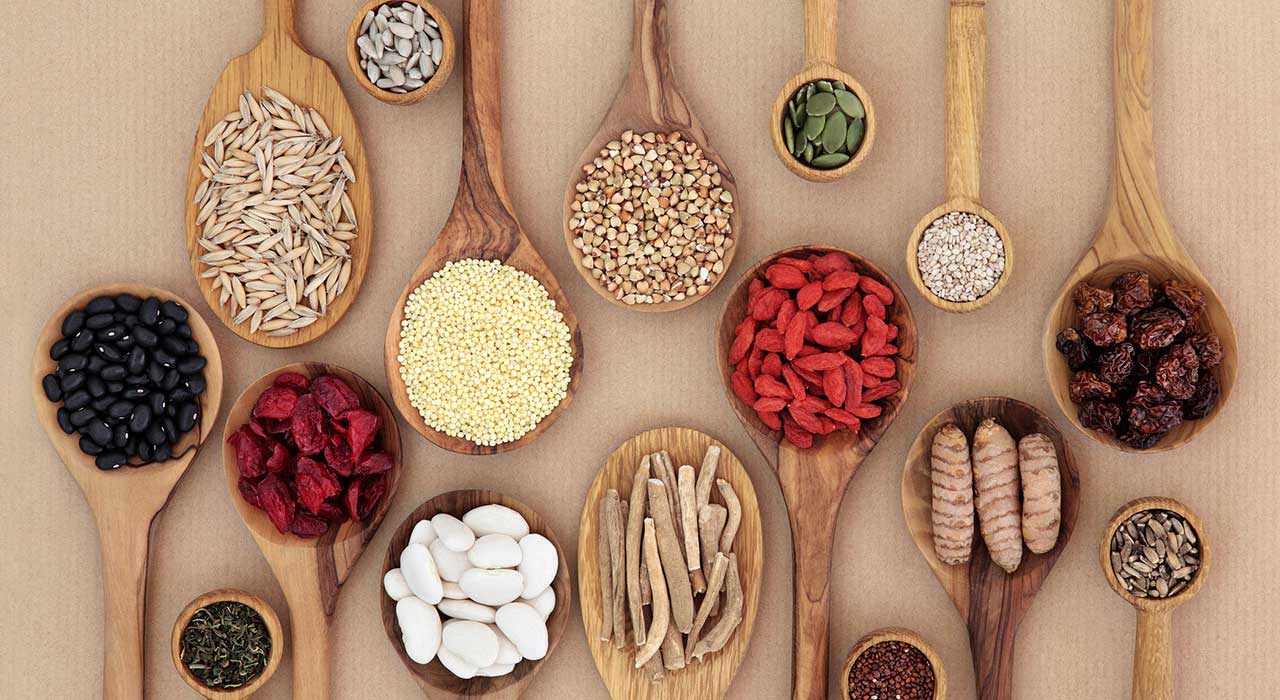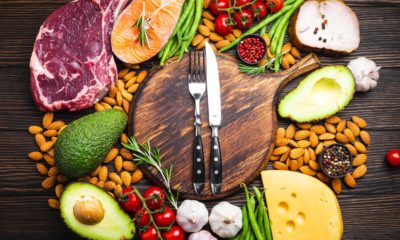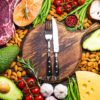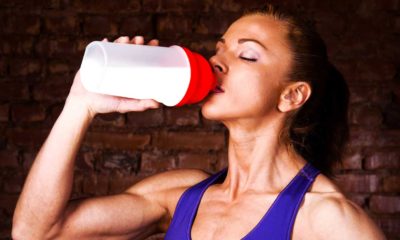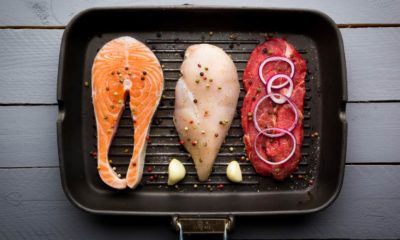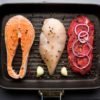Nutrition
5 Plant-Based Foods That Are Packed With Protein
This nutrient might be the holy grail of muscle building and fat burning but it lurks in many places you least expect. Here’s how to effortlessly increase your intake to stay fuller for longer.
Fortunately, you don’t have to just get your protein intake from animal sources alone, and you certainly don’t need to be a vegan to appreciate the health benefits that can come from integrating plant sources of protein into your diet.
Here are the top five plant-based foods that contain high amounts of protein and every other nutrient you need to be healthier and fitter. Try adding one or more of these foods into your daily diet to help boost your protein intake without having to endure yet another plain chicken breast.
Nut butters
Most women erroneously regard nuts as nothing more than a source of good fat, and while they certainly are, nuts are a combination of all three macronutrients: carbs, fat and protein. Just 22 almonds pack 6g of protein, while 2tbsp of almond butter has 5g of protein. Peanut butter is even more protein-dense because 2tbsp contain over 8g.
What you might not know is that nut butters are easily blended into smoothies or shakes, added to toast and hot cereal, or spread across fruit. Plus, they are easy to store, pack and carry with you when you’re on the go.
Chia seeds
These nutritional power houses are packed with fibre, protein, and omega-3 and omega-6 fatty acids, vitamins A, B, E and D, and minerals including sulphur, iron, iodine, magnesium, manganese, niacin and thiamine. Phew, quite a mouthful.
Just 2 tbsp of chia seeds packs 6g of protein, which you can mix effortlessly into hot cereal or smoothies, stir into Greek yogurt or cottage cheese, add to baked goods, or sprinkle onto veggies or a salad for a protein bump.
Ezekiel bread with sprout grains
This bread has 4-6g of protein per slice, and its health benefits don’t stop there. Ezekiel bread contains no flour and is made up of a mixture of grains and legumes, namely: organic wheat, millet, barley, soybeans and lentils (all sprouted).
The sprouting process enhances the nutrient value of the grains, making the vitamins and minerals more easily digestible. This also breaks down the anti-nutrients present in the grains and legumes, which inhibit nutrient absorption. This makes Ezekiel bread a complete source of protein, containing all nine essential amino acids essential for muscle growth and fat loss.
Chickpeas
These come preloaded with about 6g of protein per ½ cup serving. They’re also rich in dietary fibre and the mineral manganese, which helps with the development of bones and carries out chemical reactions important to your metabolism.
You can eat them on their own, blend into a hummus, or add them to crockpot recipes or turkey chilli. They’re a great source of vegetarian protein and can help boost the overall protein content of most meals.
Broccoli and asparagus
A meagre cup of asparagus contains a healthy 5g of protein and provides an excellent amount of potassium.
Plus, it’s one of the top plant sources for vitamin K and is a natural diuretic, so it’s going to help you get slimmer while helping you reach your daily protein intake. Broccoli has about 3g of protein per cup, which is not quite as much as asparagus, but it’s still a fibre-dense, micronutrient-rich veggie that has over 100% of your daily vitamin C and K needs. Not a bad effort for veggies.
Find nutrition information and more in TRAIN for HER magazine.


